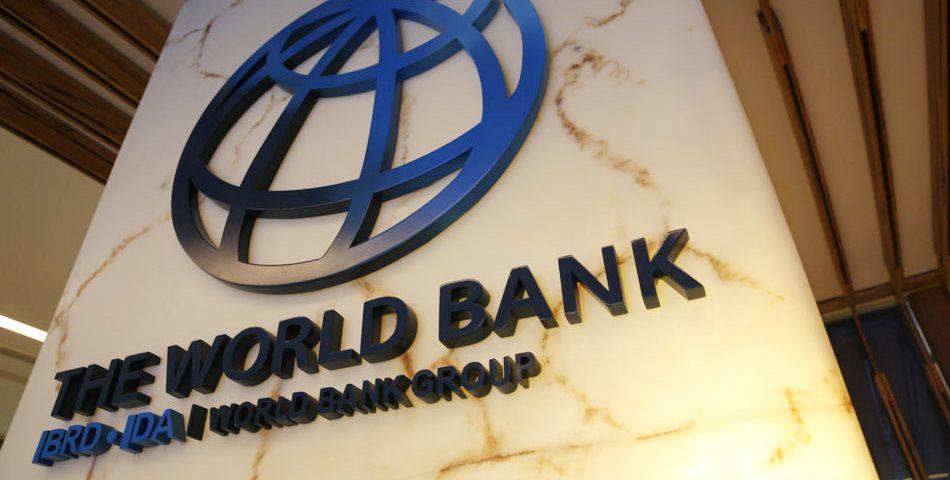Macedonia is on the verge of a perfect economic storm. The economy faces the risk of stagflation, i.e. reduction of production when prices increase, the World Bank says in its latest report.
In it, the projection for economic growth of the country has been reduced. It is expected to reach 2.1% this year, and 2.7 and 2.9% in the next two years. This means that the domestic economy will take a long time to return to pre-pandemic levels.
“The war in Ukraine and the energy crisis are reducing growth prospects, inflation is reaching historic highs and undermining the real incomes of the poor. With limited space for borrowing and increased public debt… fiscal policies must target the most vulnerable,” states the World Bank in the section of the report dedicated to Macedonia.
The international financial institution projects that inflation will reach 12.1% this year, and in the next two years, it will start to decrease and will be 6.1 or 3.0%. Economists from the World Bank believe that it is not only the result of external influences but also of domestic factors, such as the increased minimum wage at the beginning of the year.
“The country must start implementing the reform promises that could strengthen the potential for growth in the medium term. Political efforts should be aimed at restoring fiscal and financial sustainability,” says the World Bank report.
Macedonia has limited space for further borrowing, and the latest shocks have further worsened fiscal sustainability, according to the report, which states that the public debt will be 59.4% of GDP this year, and will continue to grow in the next two years and will reach 59.9 or 61.4%.




Comments are closed for this post.